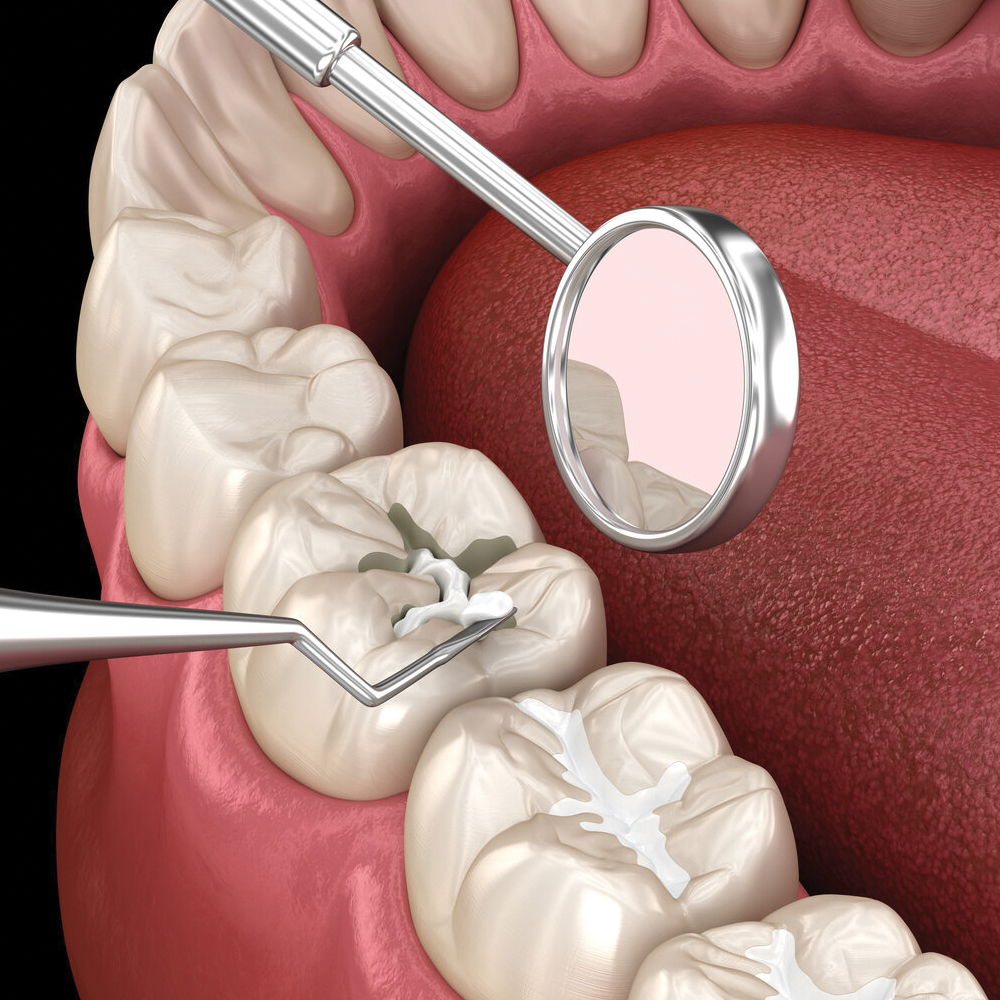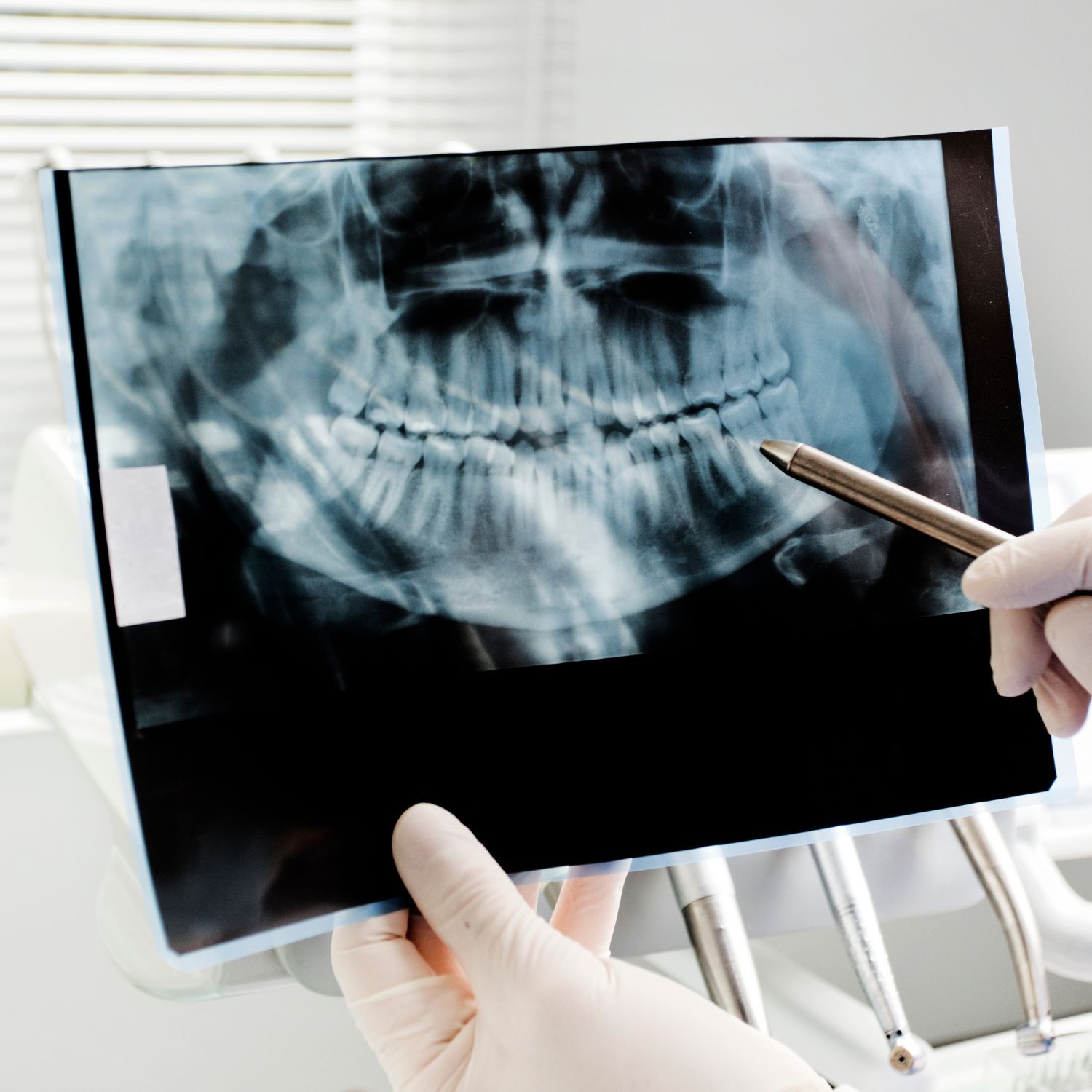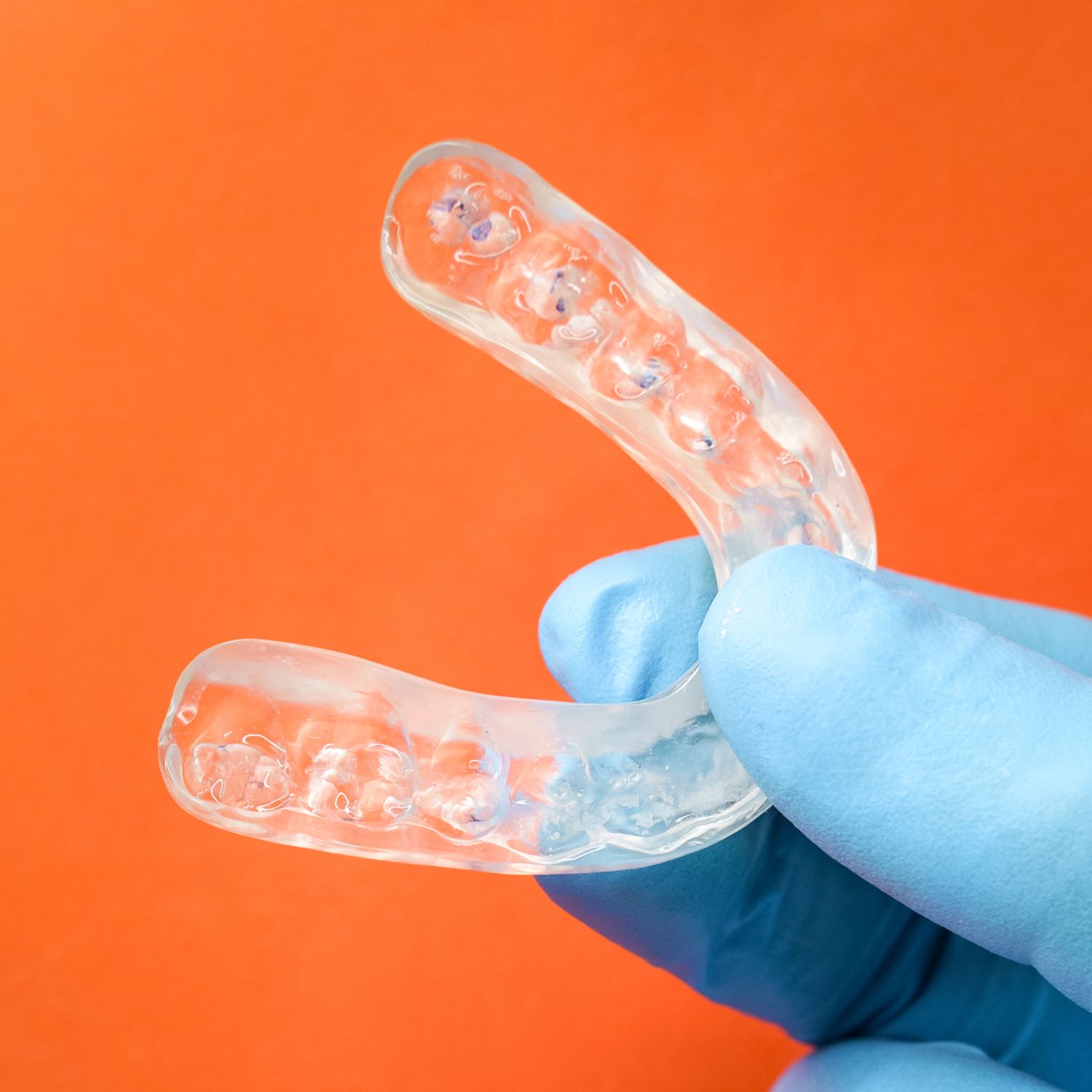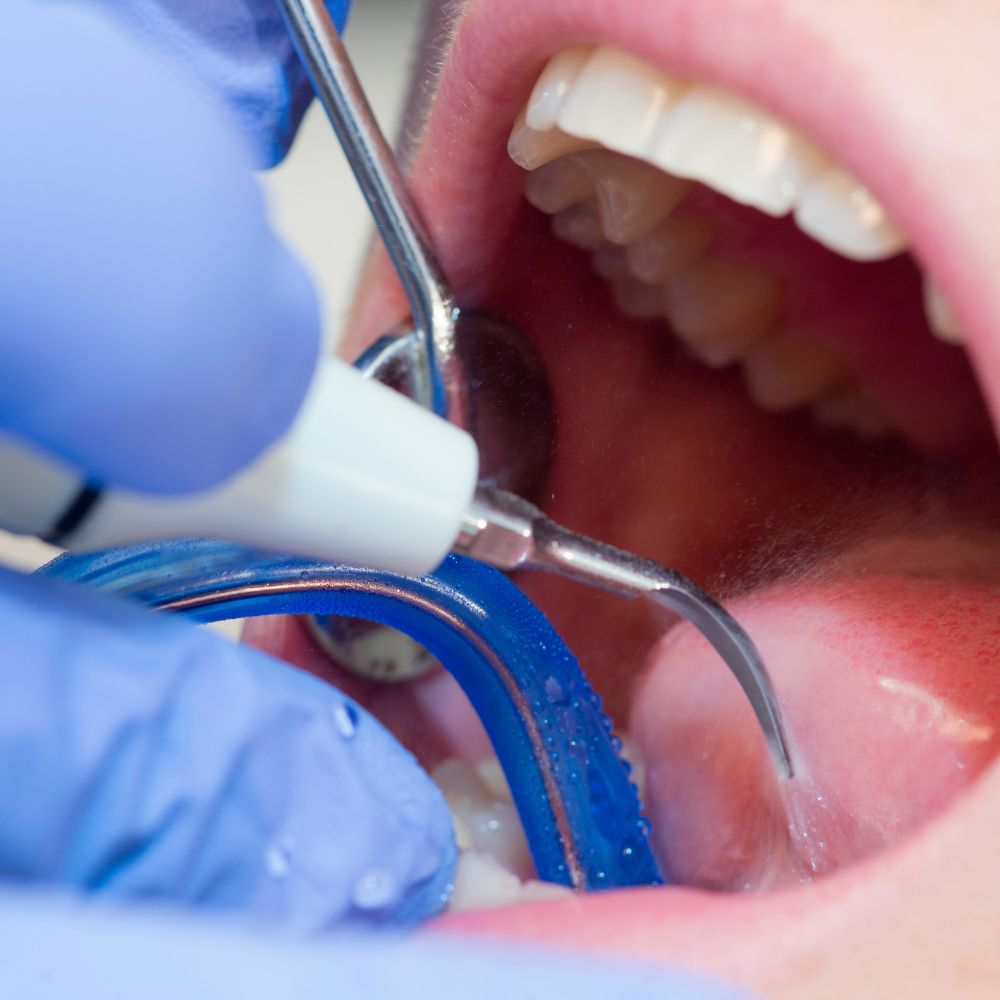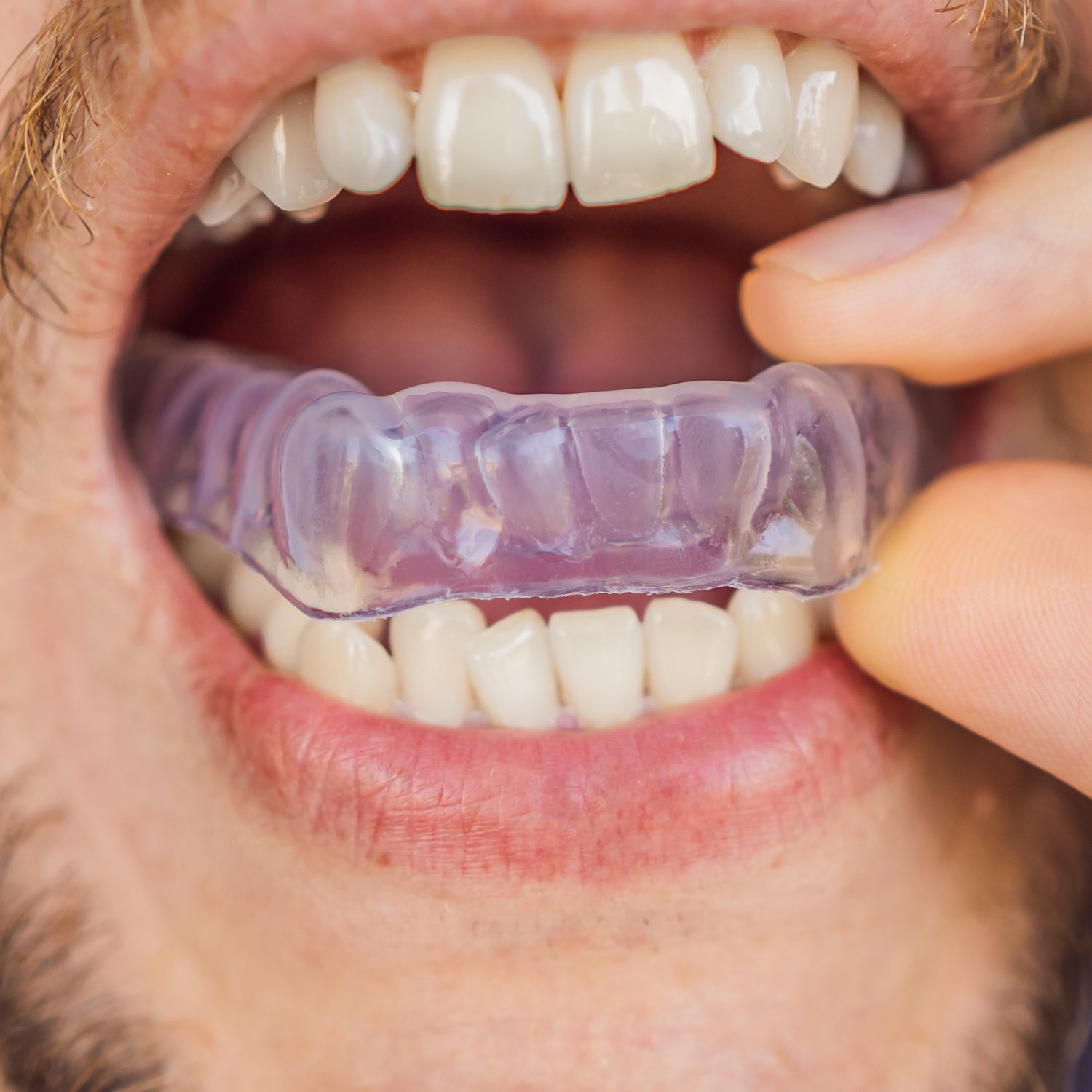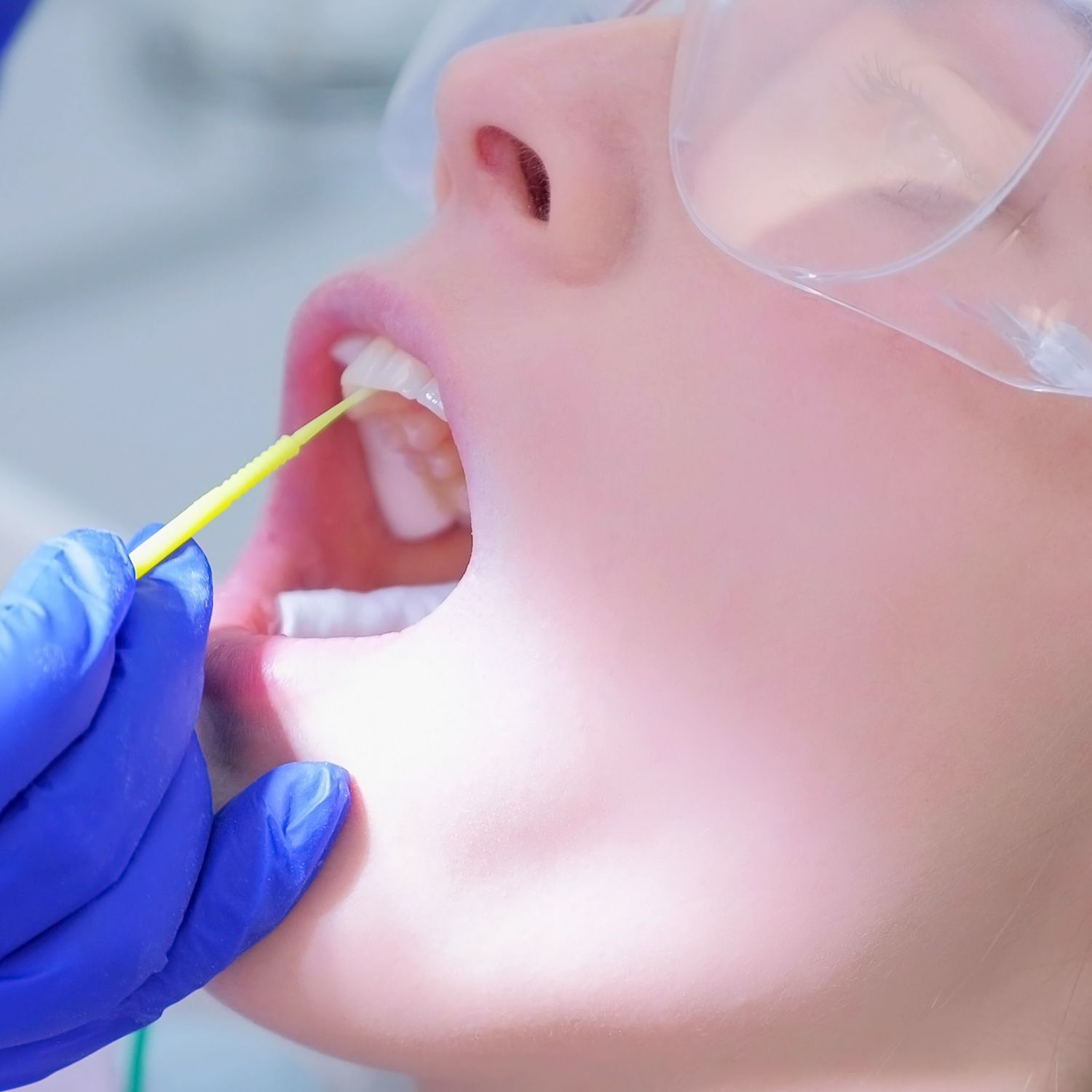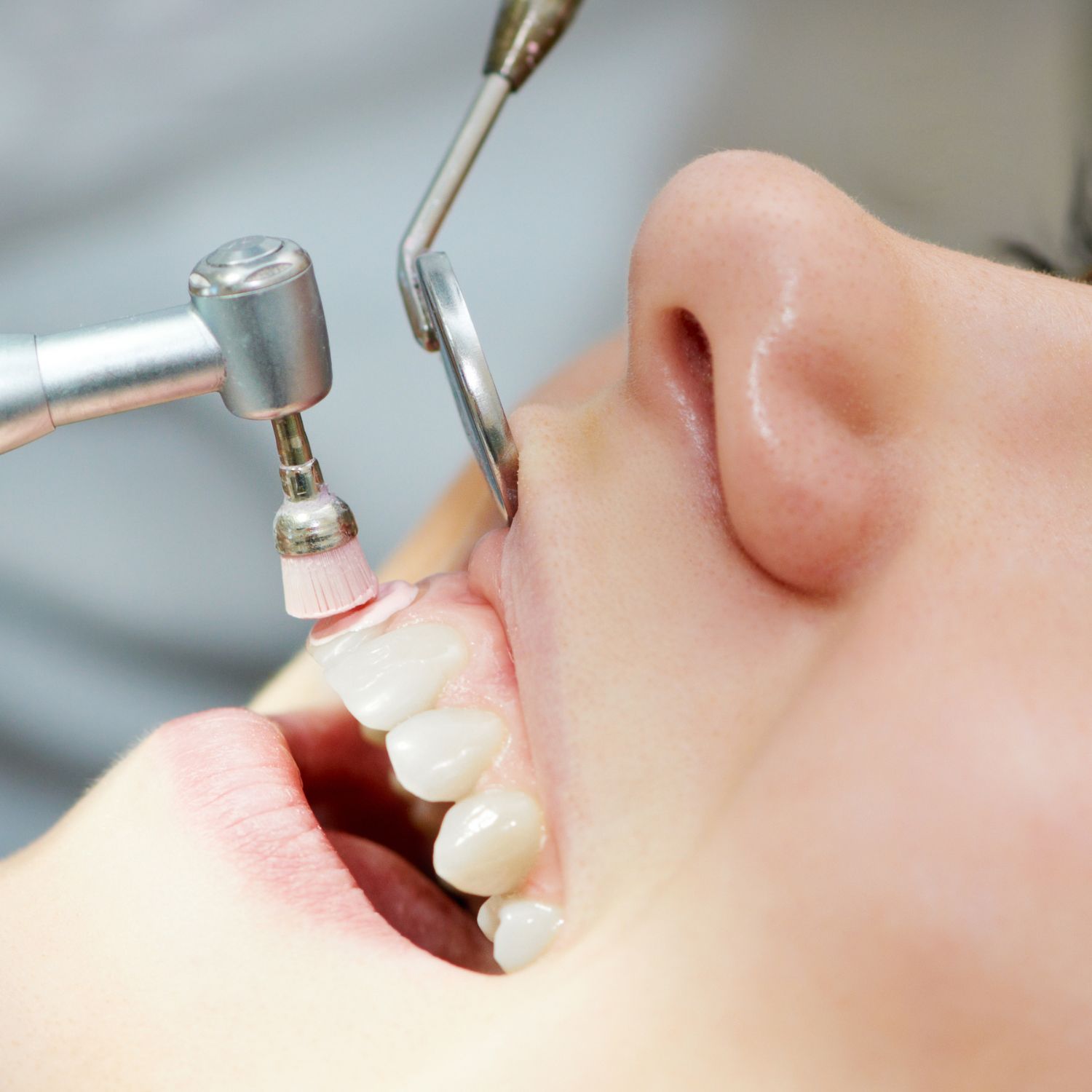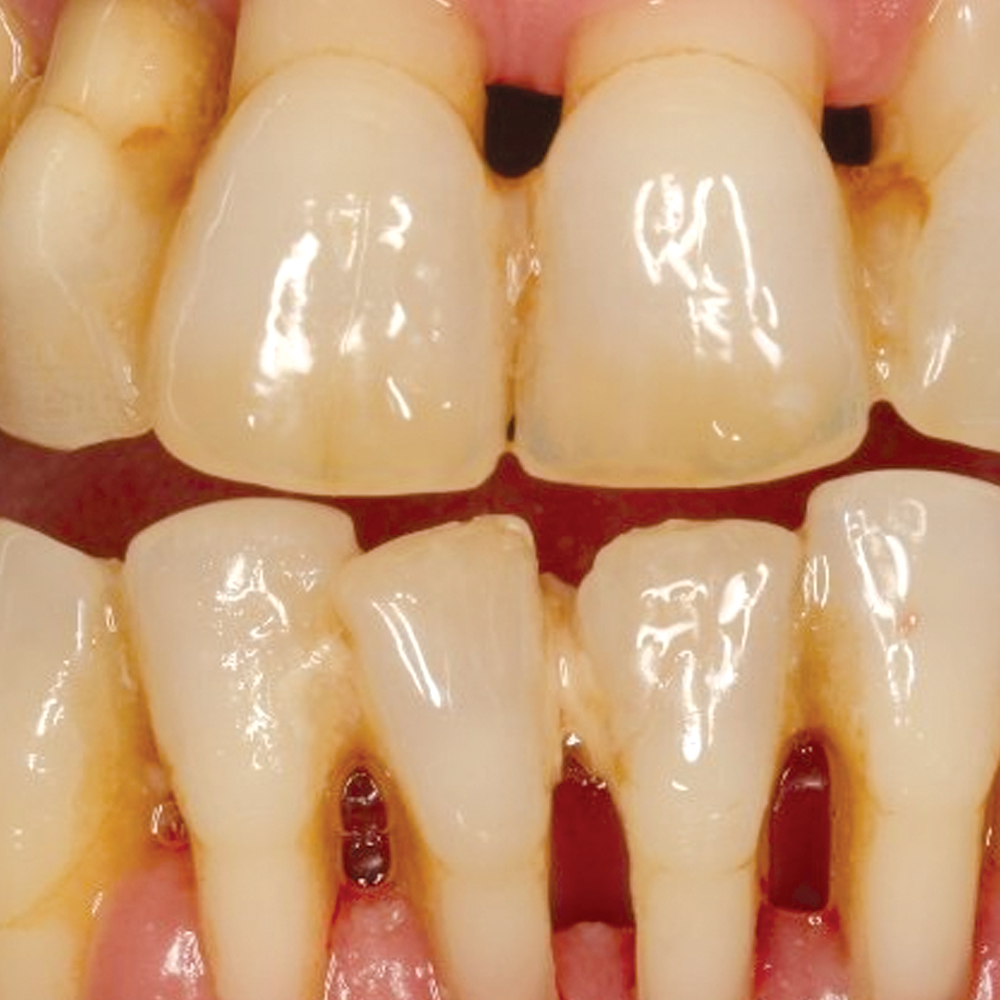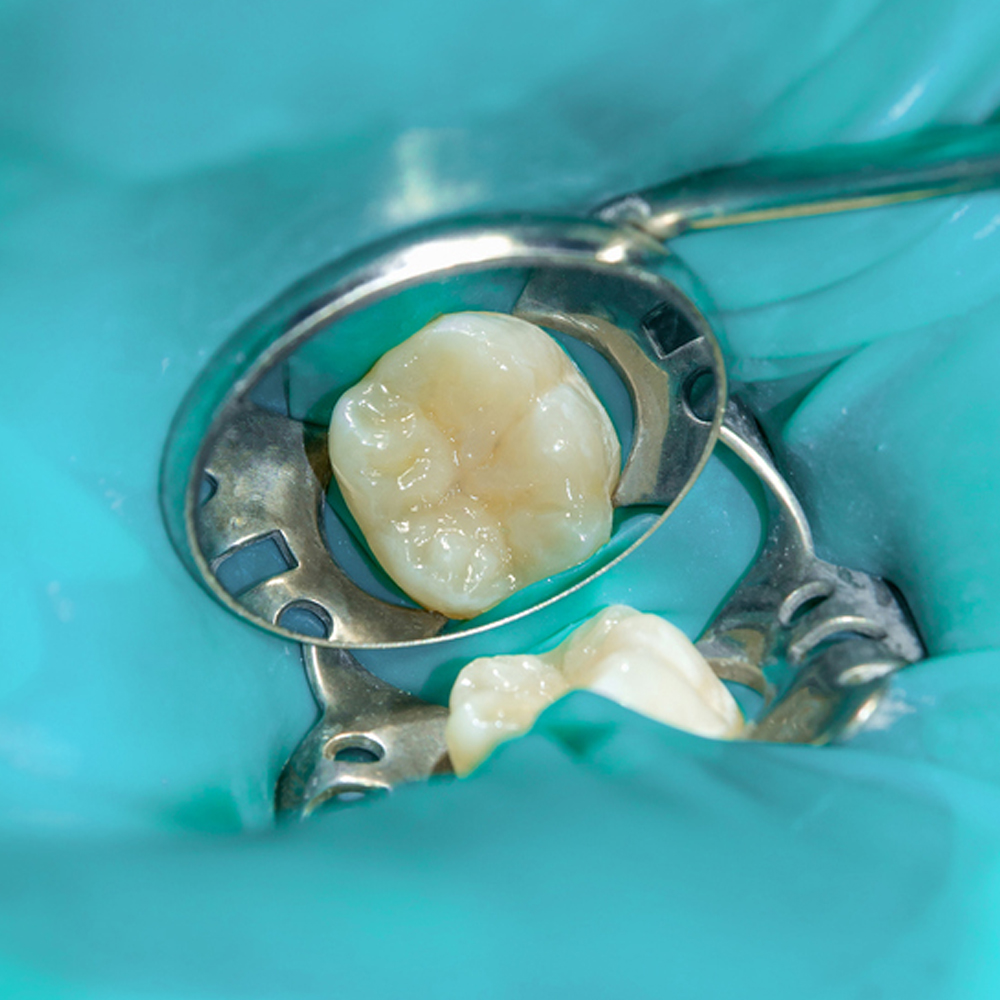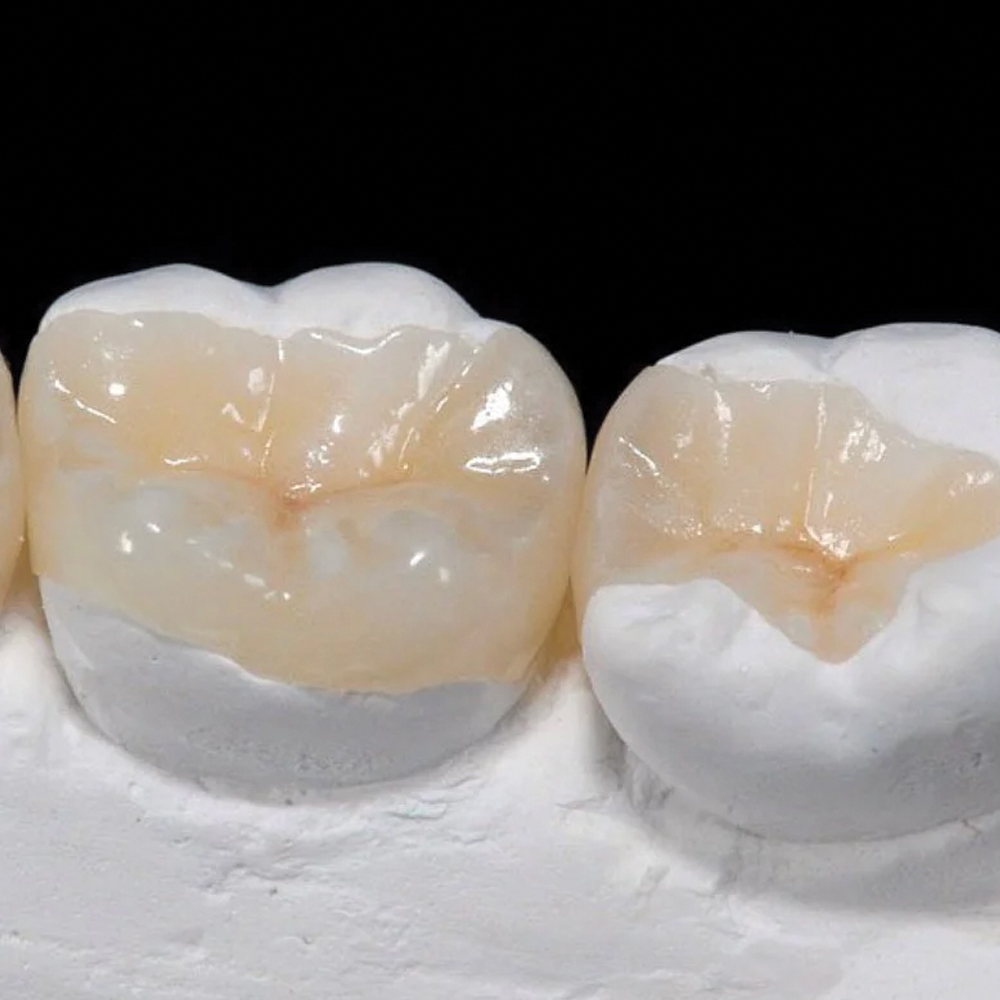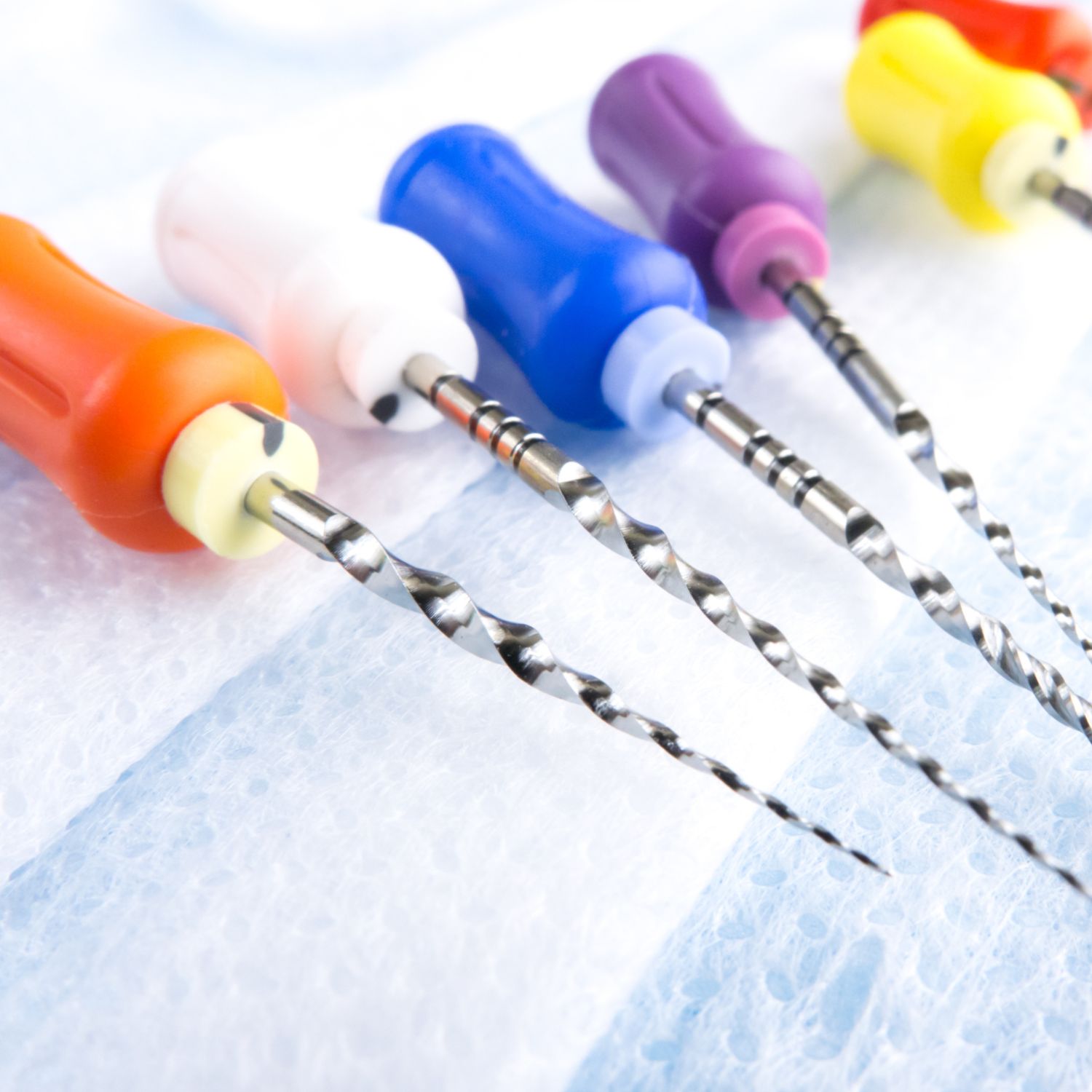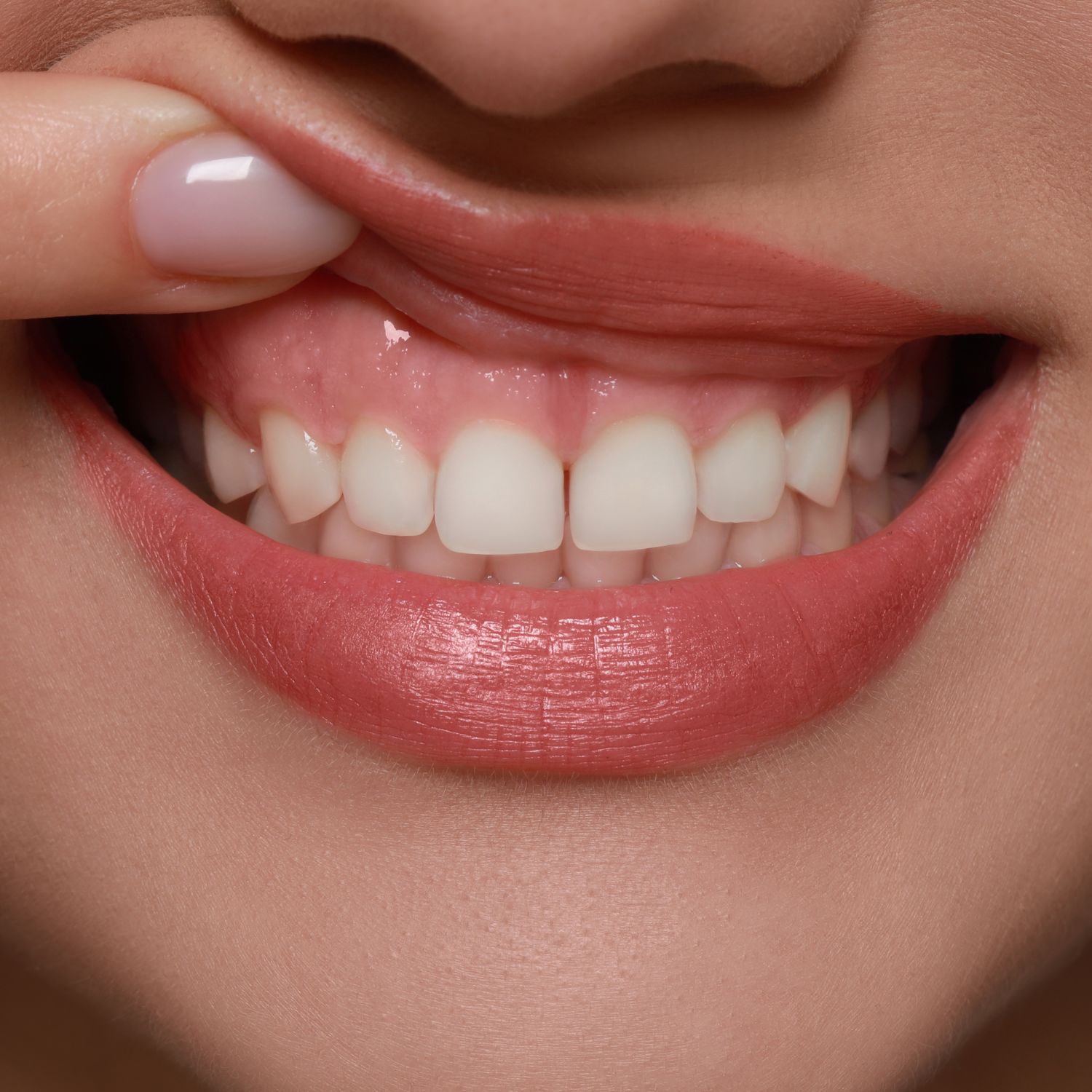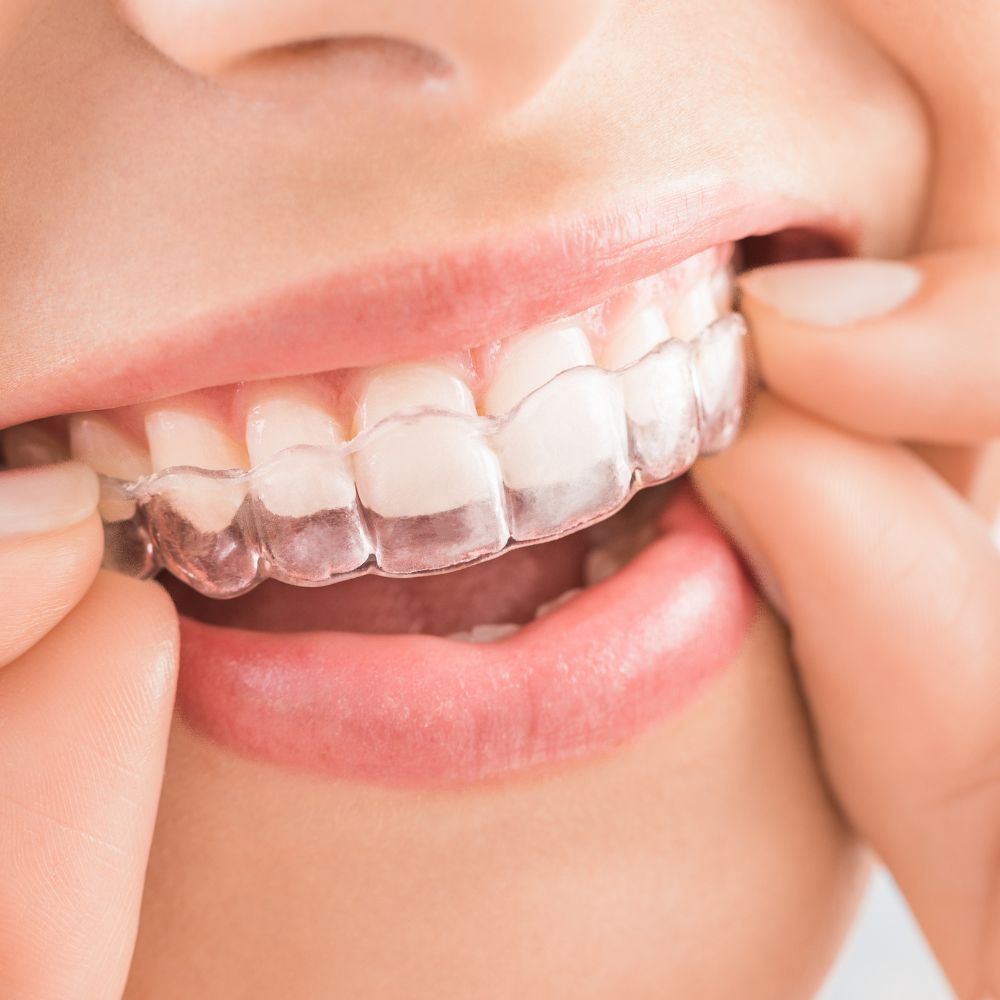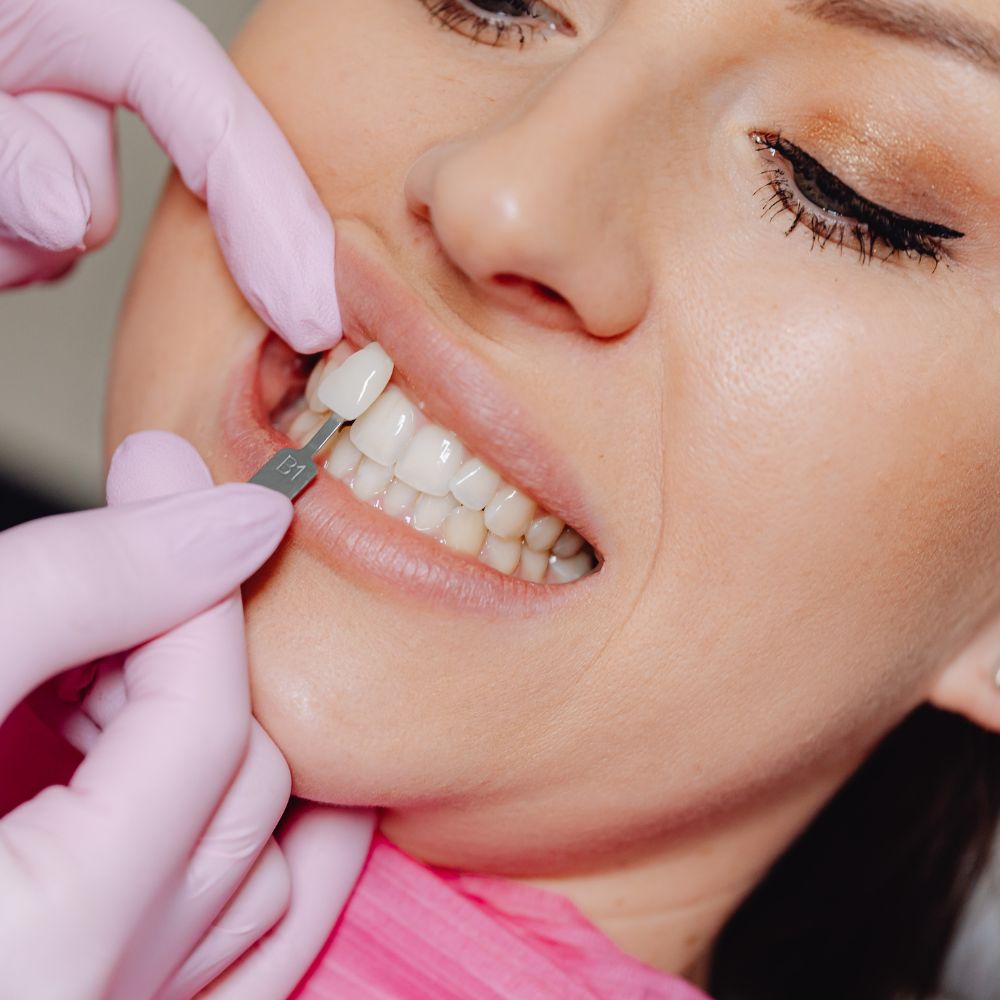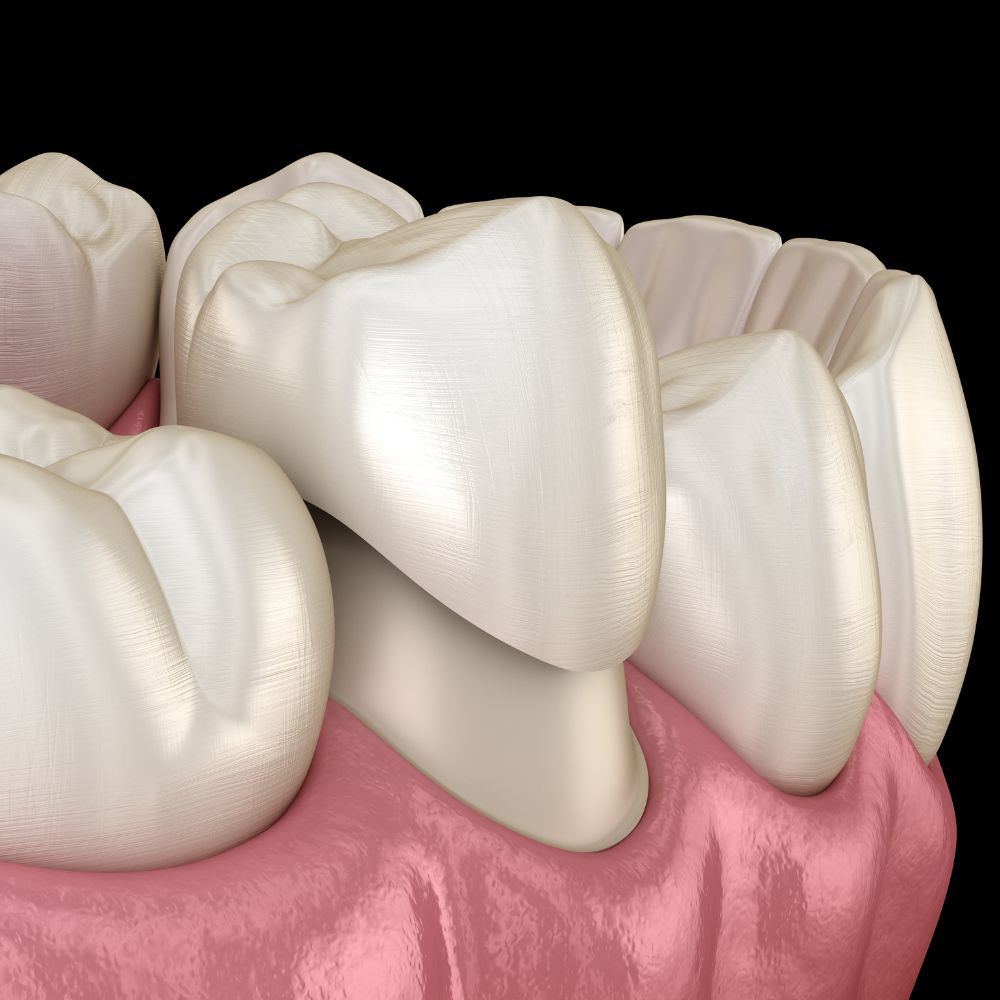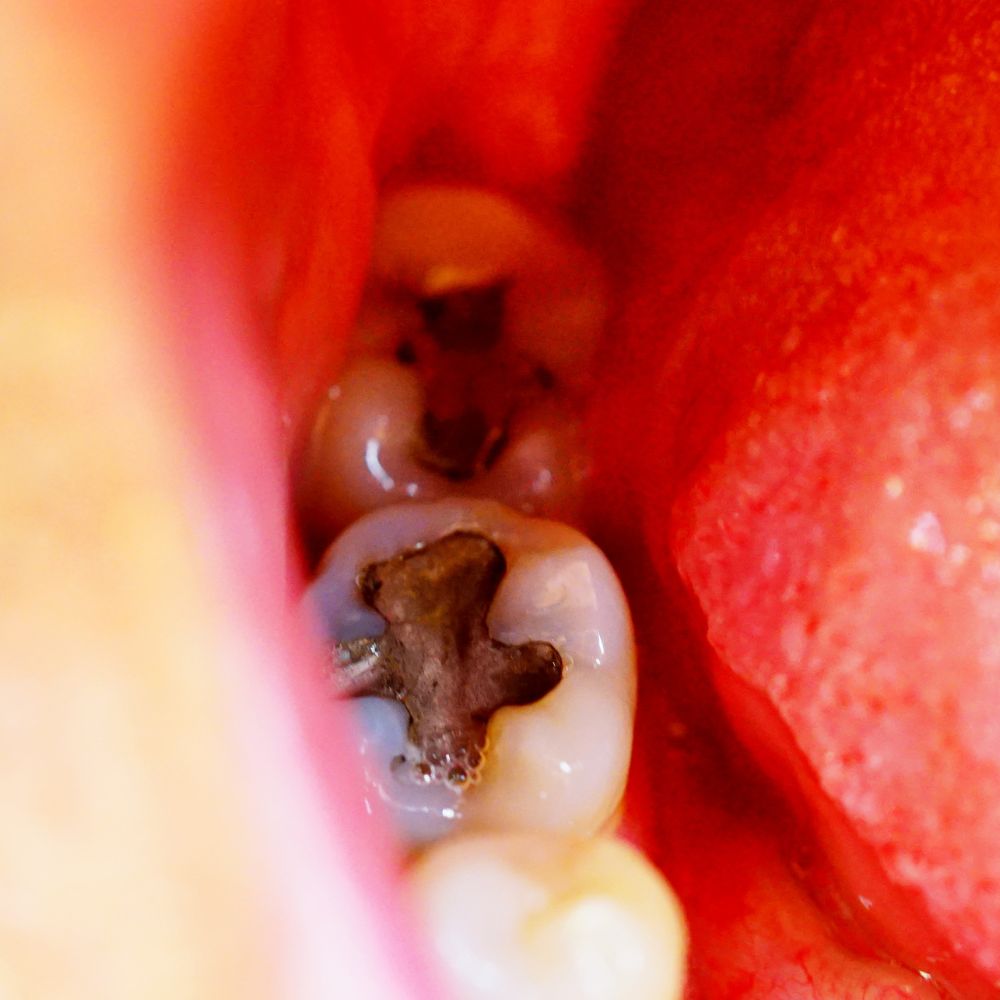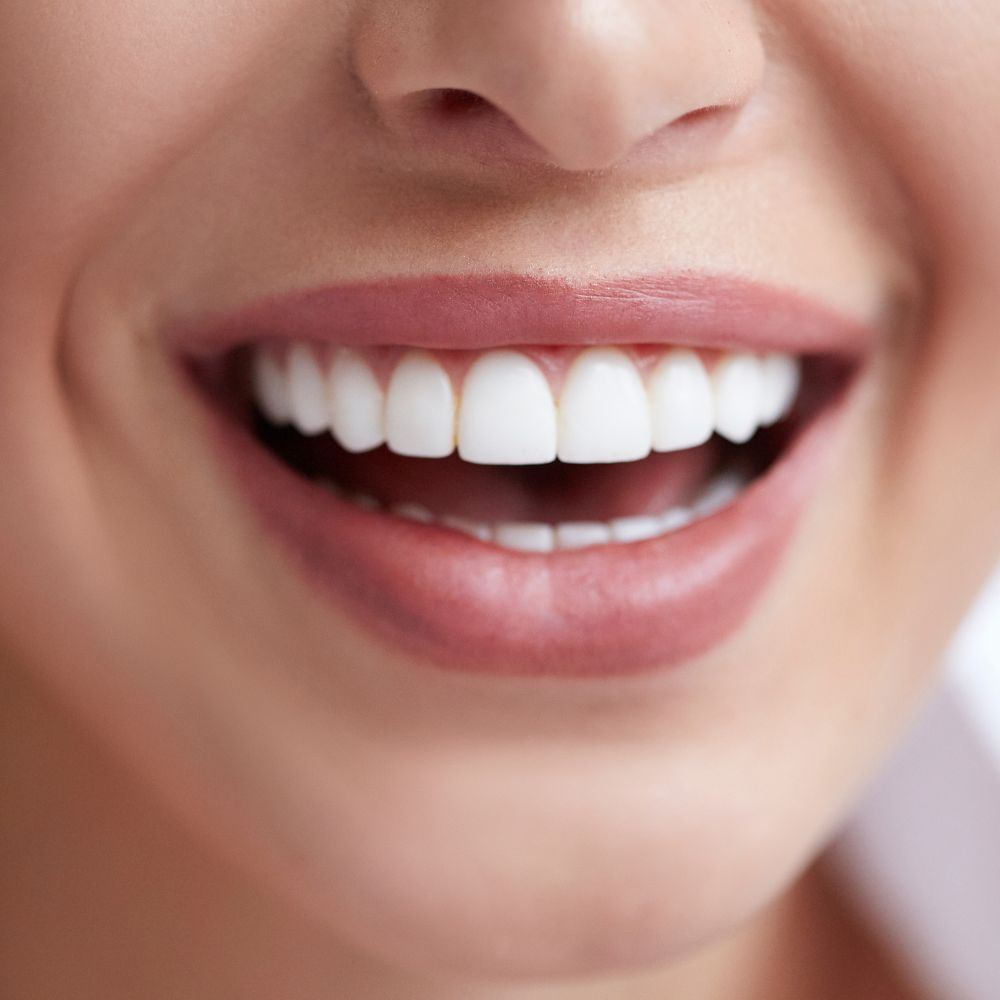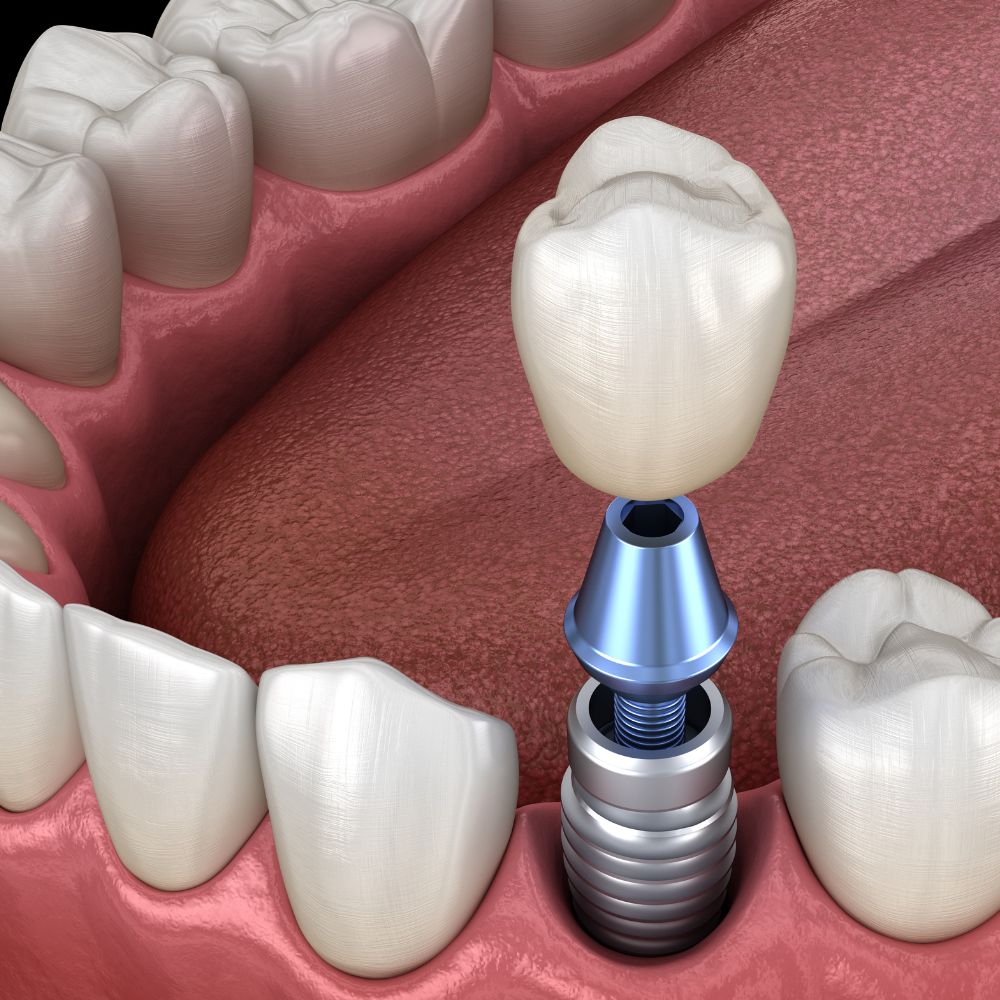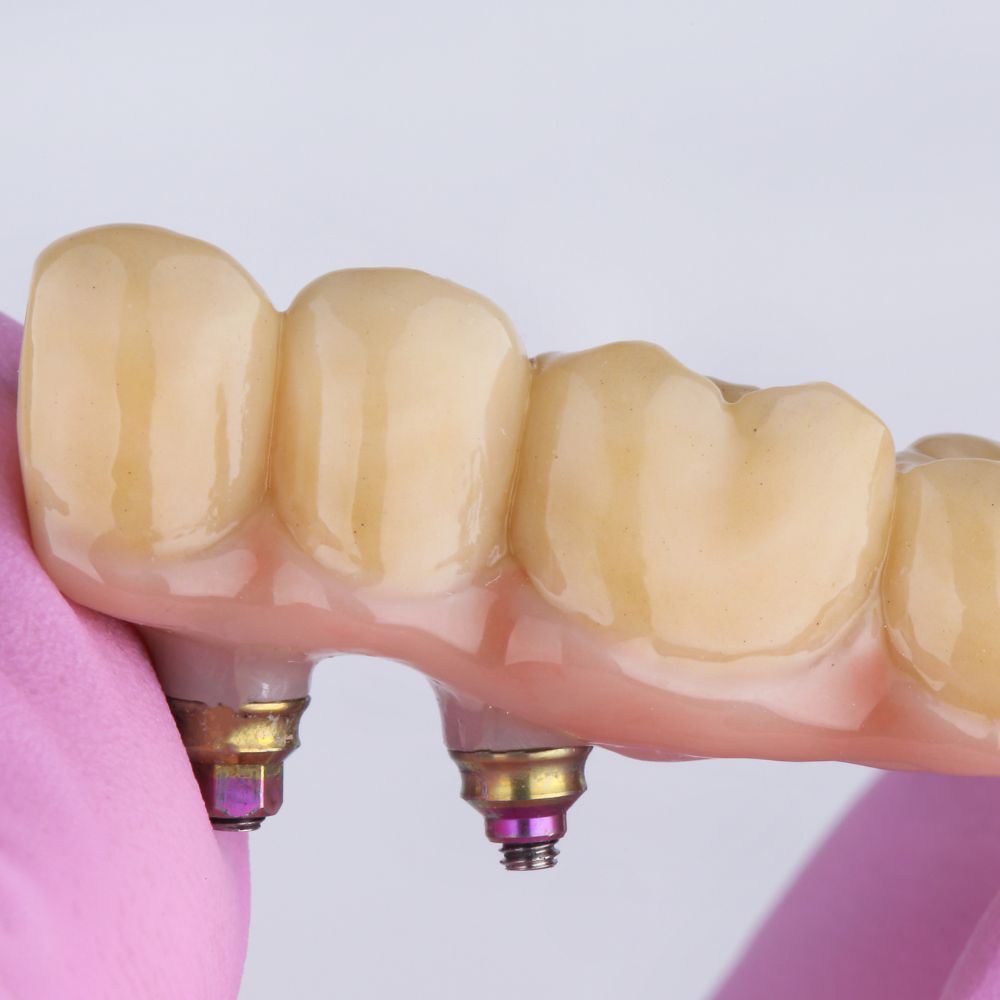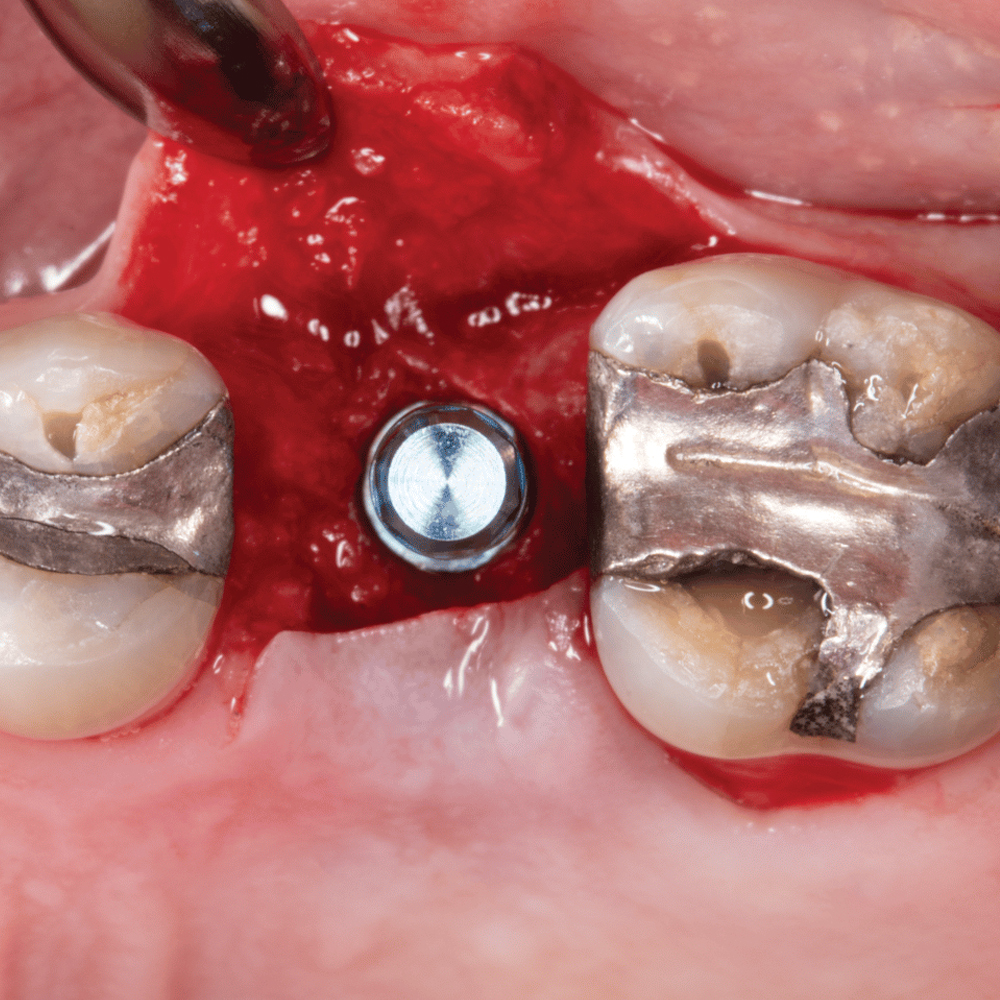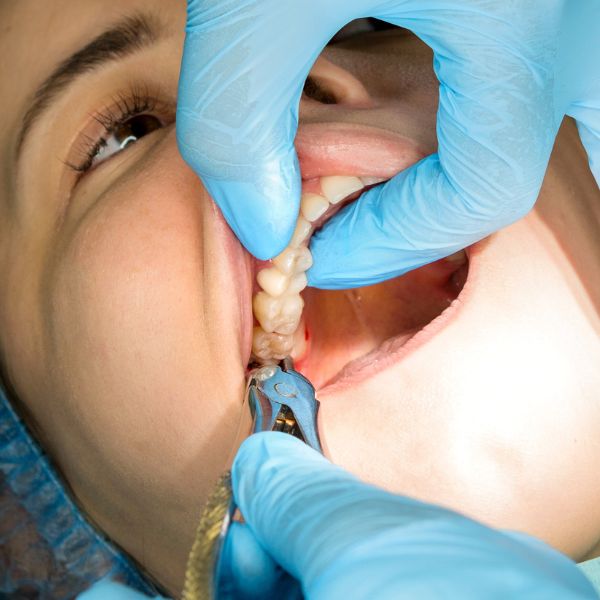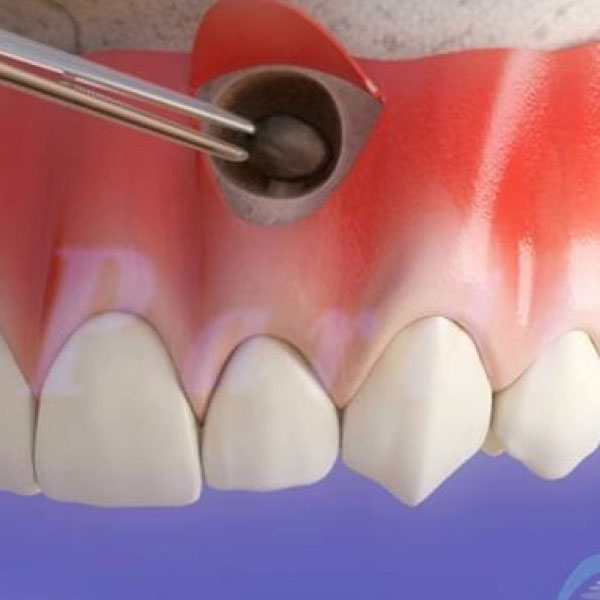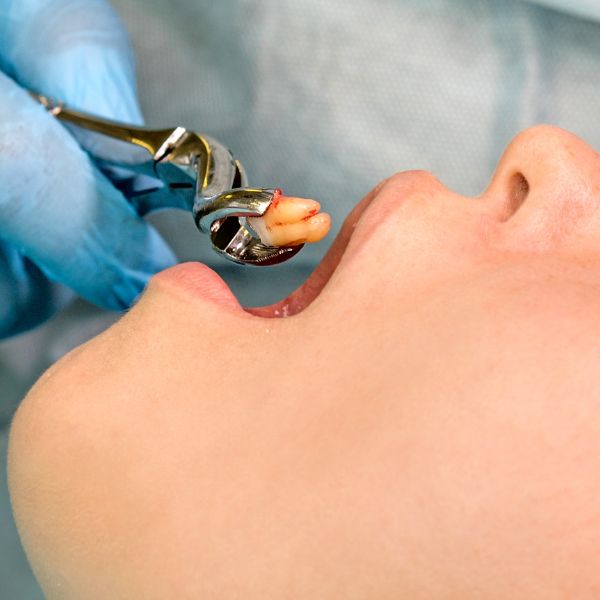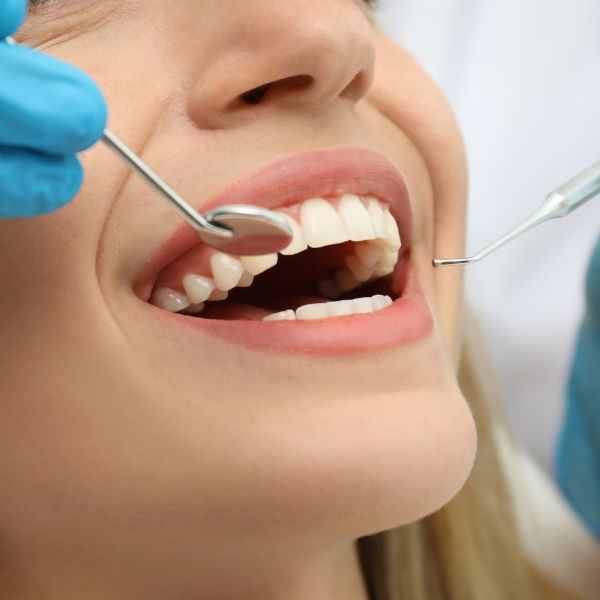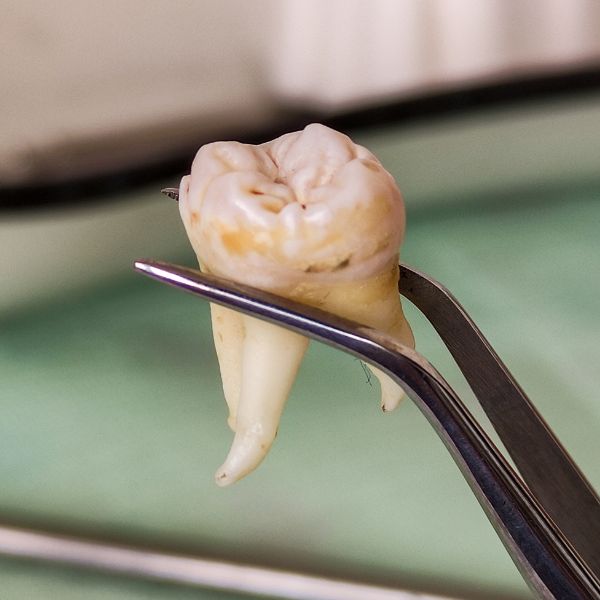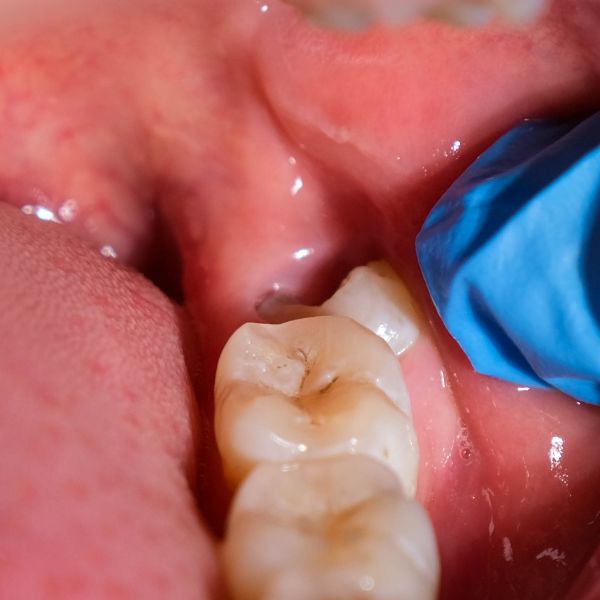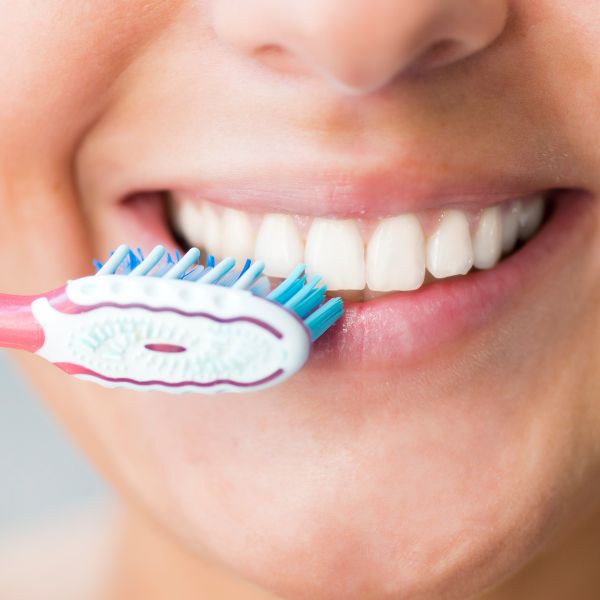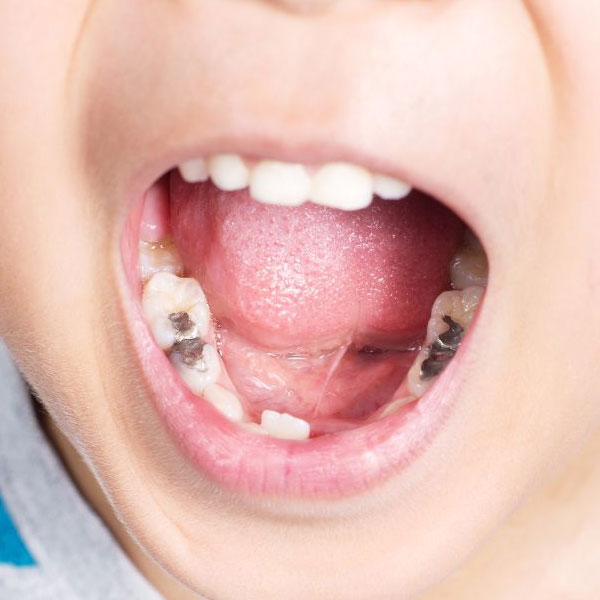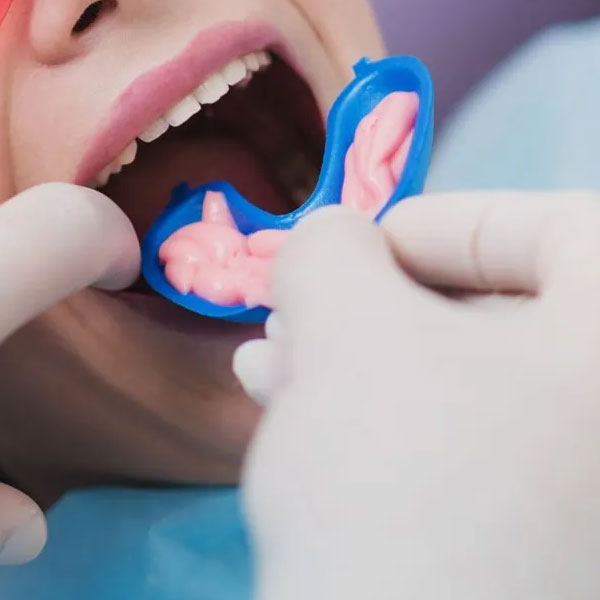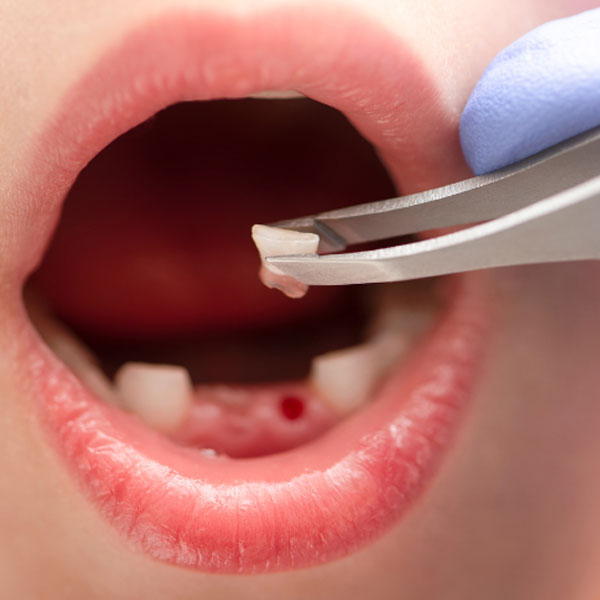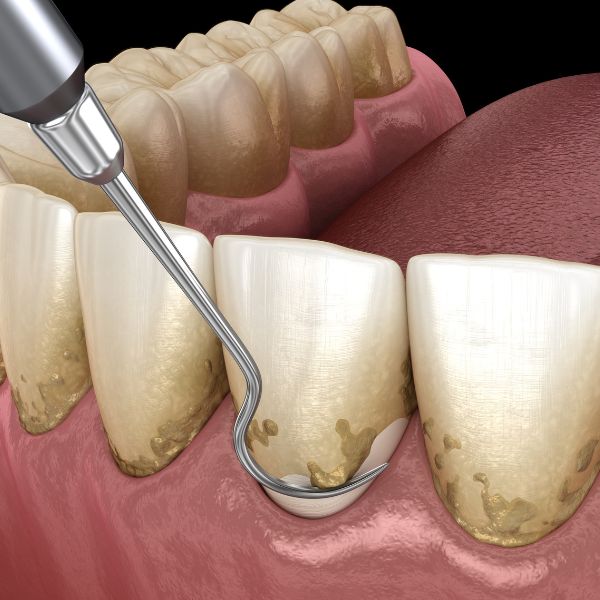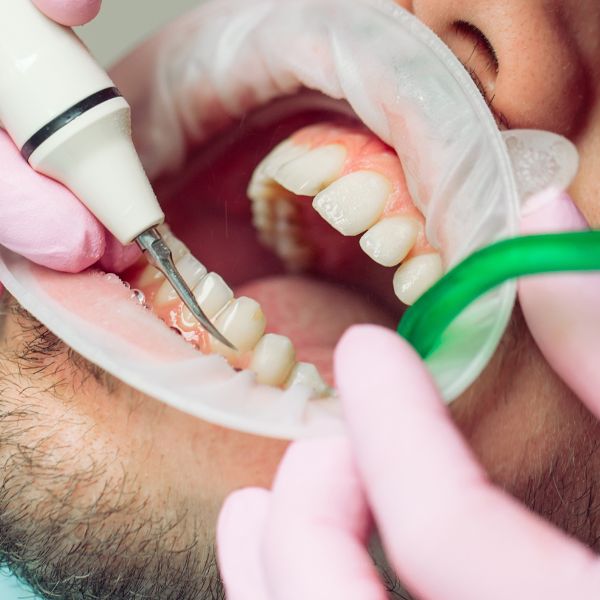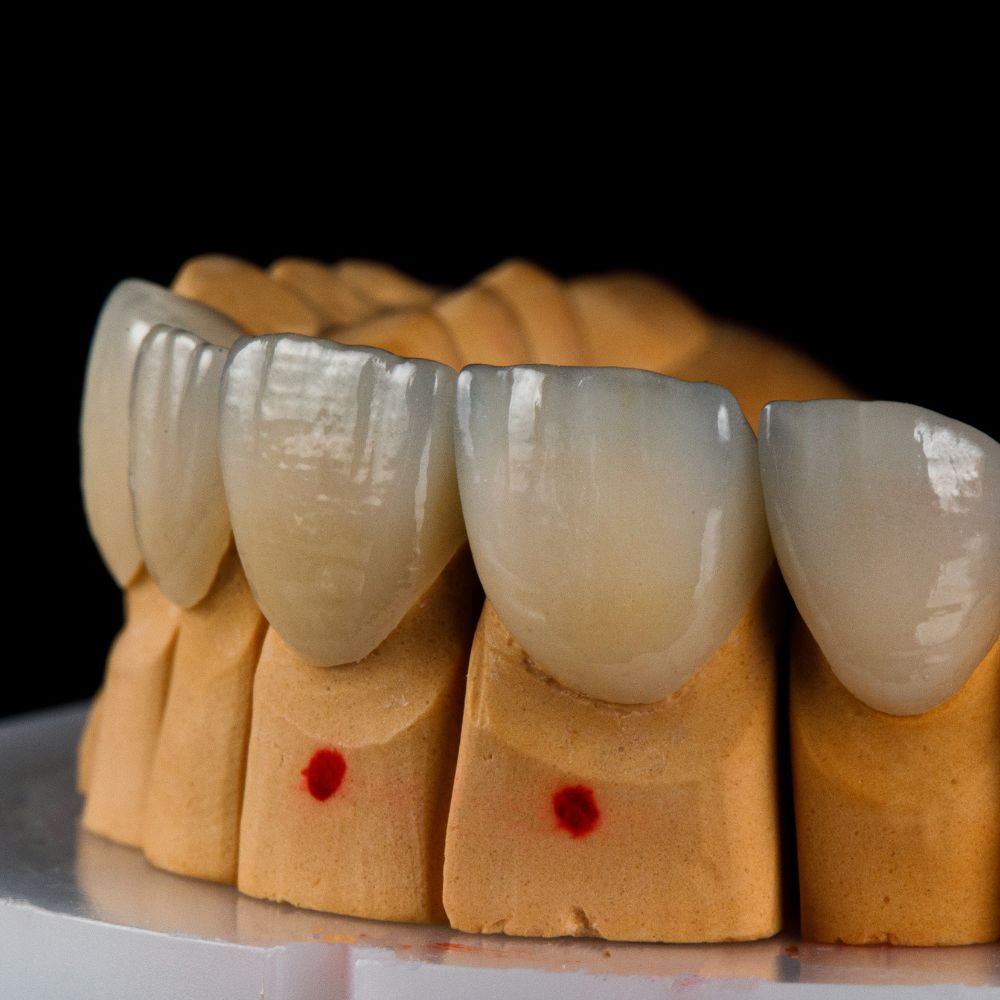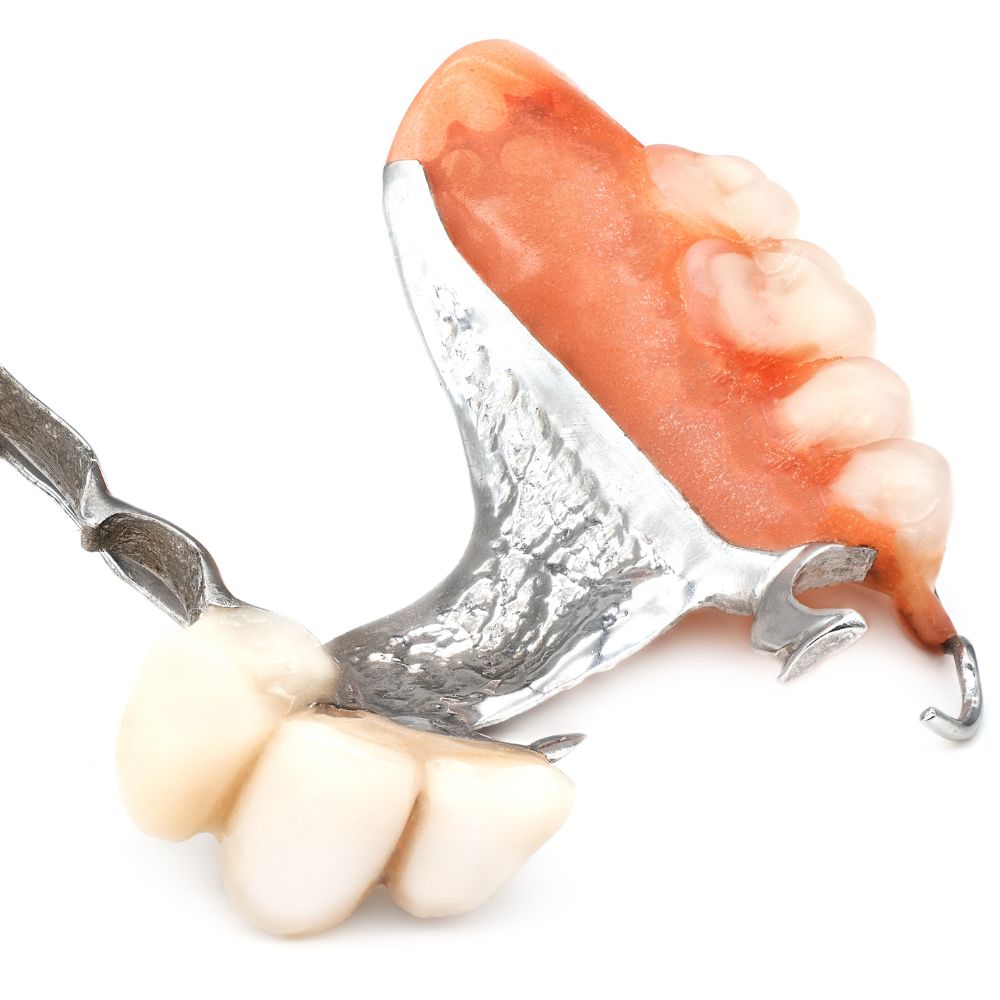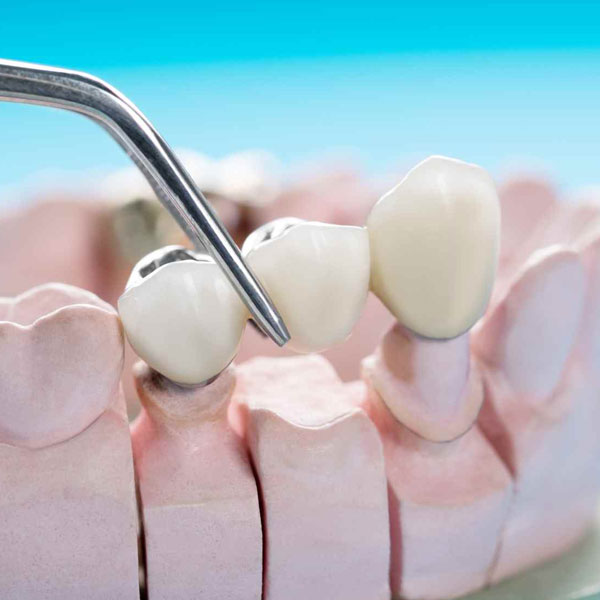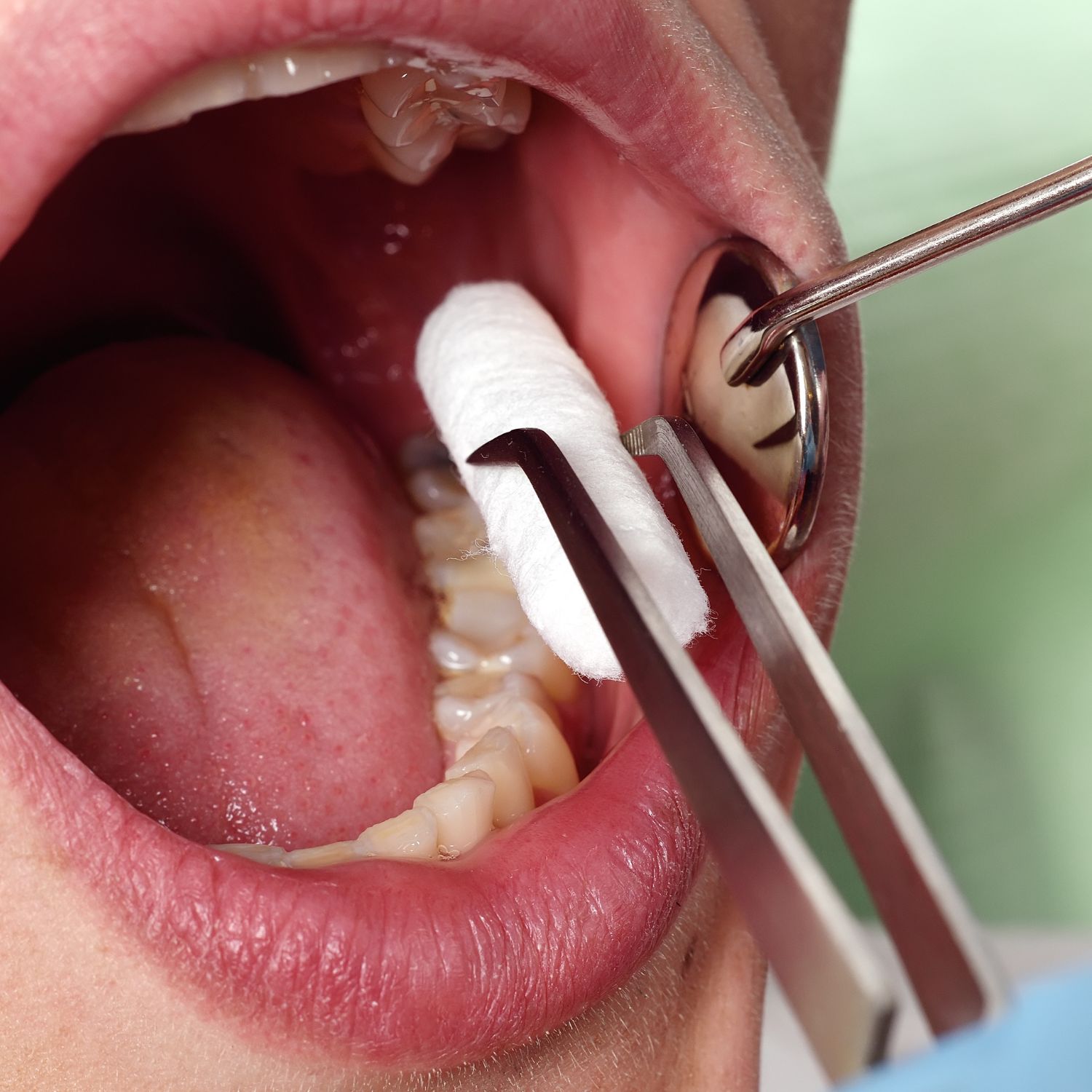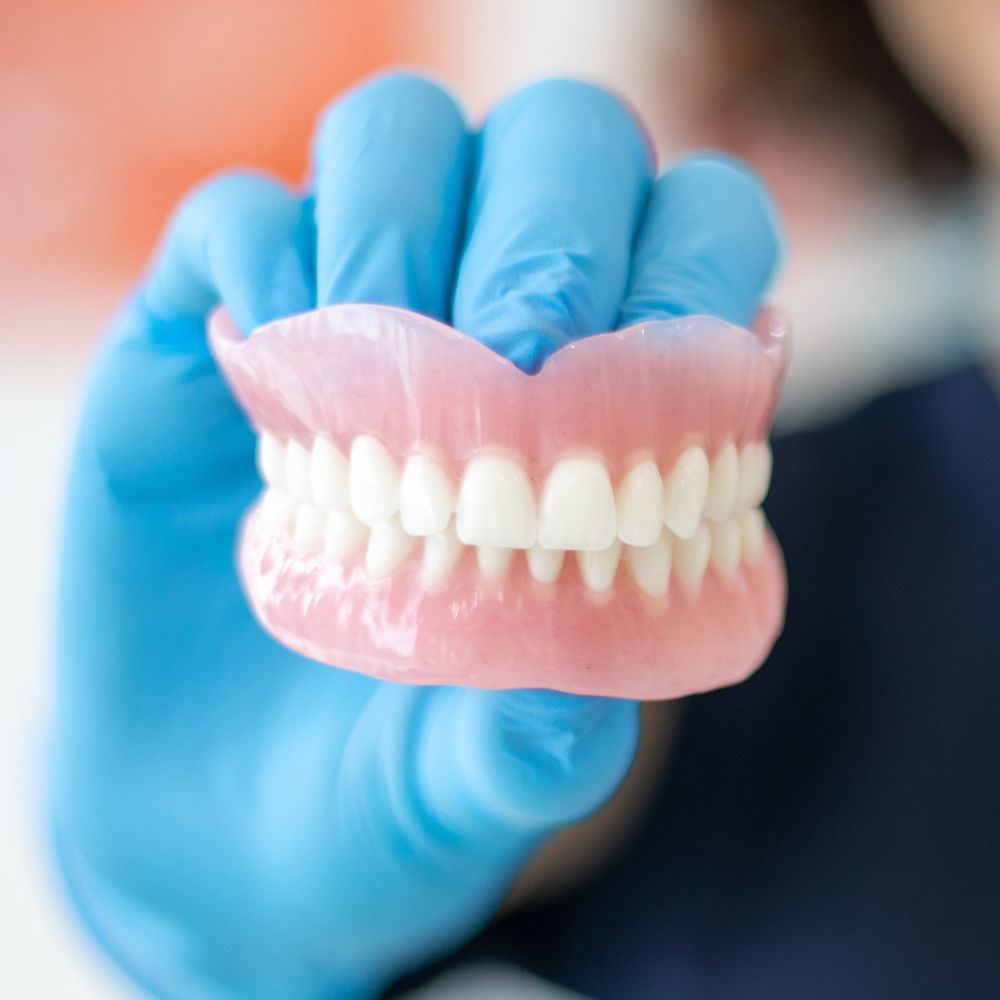Dental Checkup

Dental Checkup
The importance of dental checkups
Many people tend to overlook or underestimate the importance of these appointments, often seeing them as unnecessary or a waste of time. However, the truth is that dental checkups are vital to maintaining optimal oral health and preventing more serious dental problems down the road.
One of the primary reasons why dental check-ups are important is that they allow dentists to spot any potential problems early. During a check-up, dentists thoroughly examine the teeth, gums, and overall oral cavity, looking for signs of tooth decay, cavities, gum disease, or other oral health problems. By detecting these problems in their early stages, dentists can provide immediate treatment, preventing further deterioration and the need for more invasive and expensive procedures in the future.
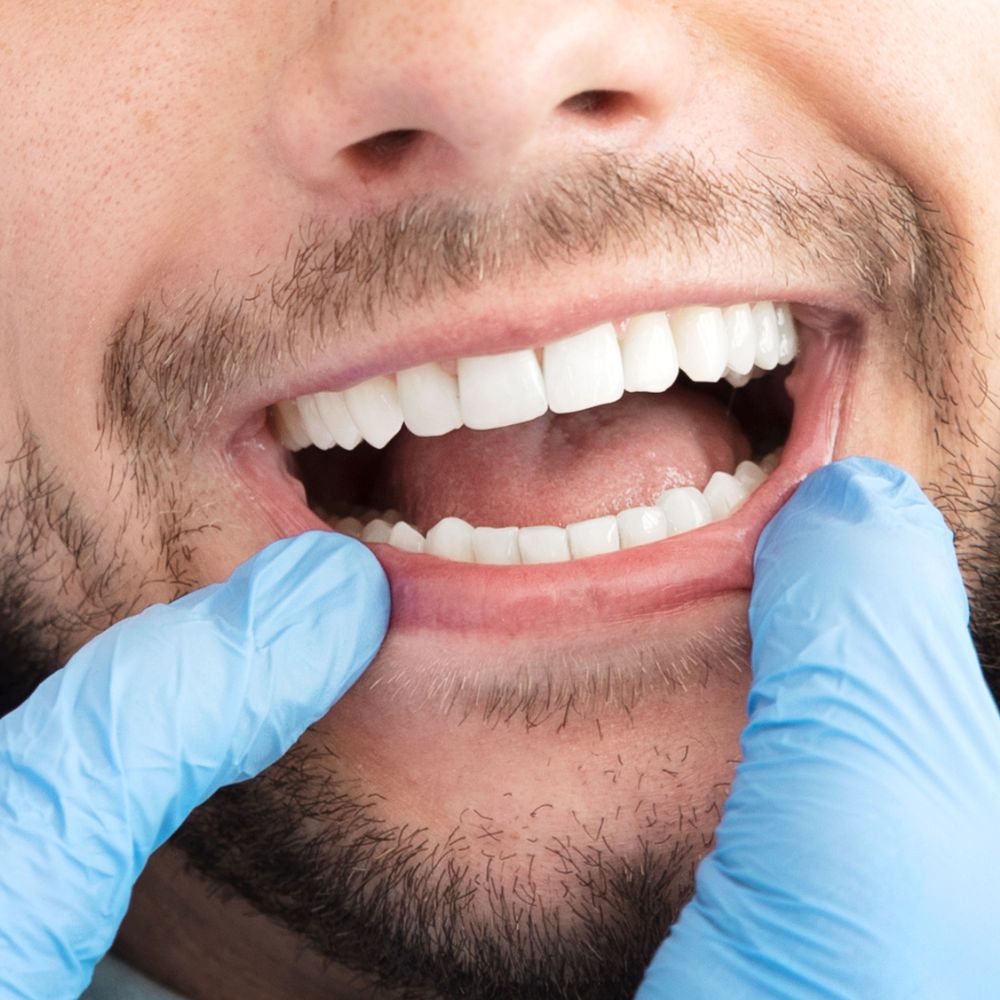
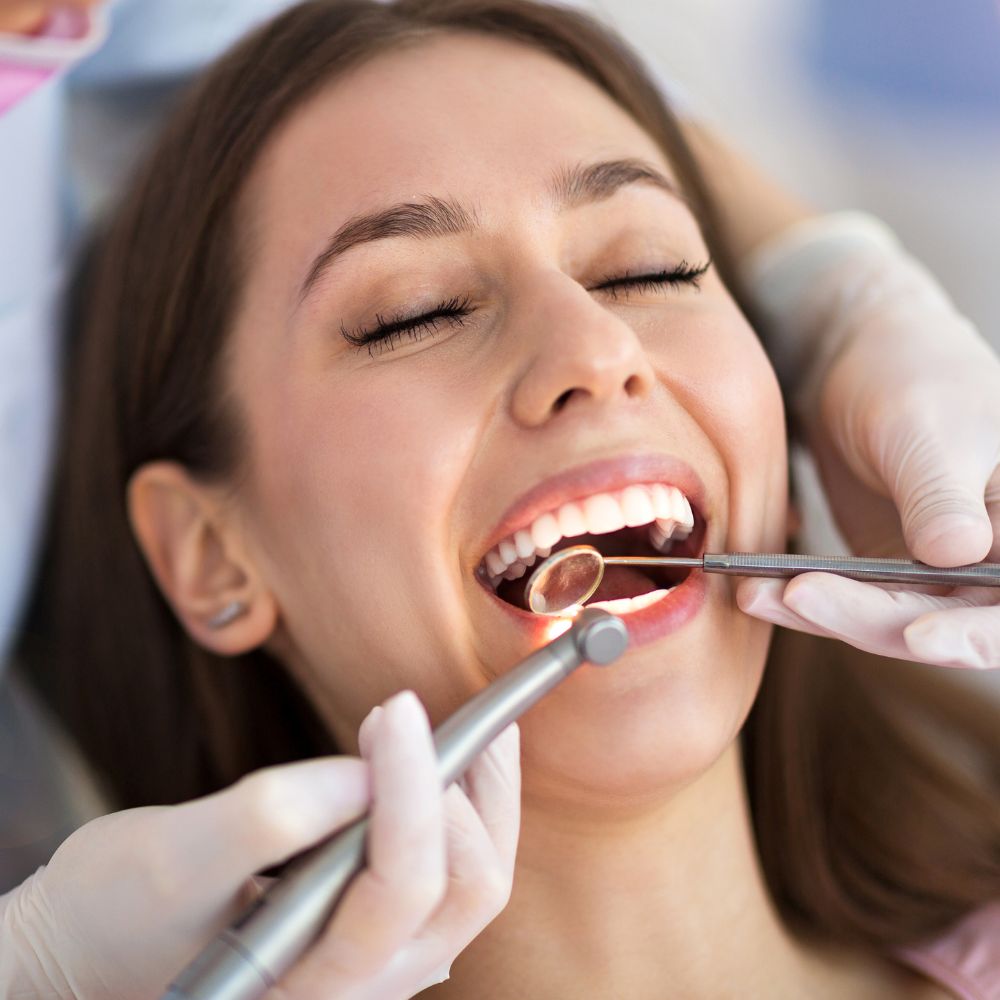
Request an appointment
Faq Dental Checkup
What happens during a dental checkup?
First, a dental check-up usually begins with a comprehensive examination of your mouth. The dentist will carefully inspect your teeth, gums and oral tissues, using tools such as a dental mirror and a probe. This allows him to spot any visible signs of tooth decay, gum disease or other oral health problems.
Next, the dentist will clean your teeth, a process known as waxing. This includes removing any plaque or tartar buildup using specialized tools. The dentist will then use a toothpaste with granules to deep clean your teeth, leaving them smooth and shiny. This step is necessary to prevent the build-up of bacteria and plaque, which can lead to cavities and gum disease.
After cleaning your teeth, the dentist may take x-rays to get a more complete picture of your oral health. X-rays can reveal hidden dental problems, such as cavities between teeth, impacted wisdom teeth, or bone loss. These images provide valuable information that helps dentists create an accurate treatment plan tailored to your specific needs.
How often should you go for a dental checkup?
The frequency of dental checkups depends on several factors, including the state of your oral health, age and personal habits. In general, most dentists recommend visiting them for a dental checkup every six months. However, some people with certain conditions may require more frequent visits, while others with excellent oral health may be able to extend the time between appointments.
If you have a history of dental problems or are currently undergoing dental treatments, it is recommended that you follow your dentist's recommendations regarding the frequency of checkups. Regular visits allow your dentist to closely monitor your progress and address any problems immediately. Remember, prevention is always better than cure when it comes to your dental health.

